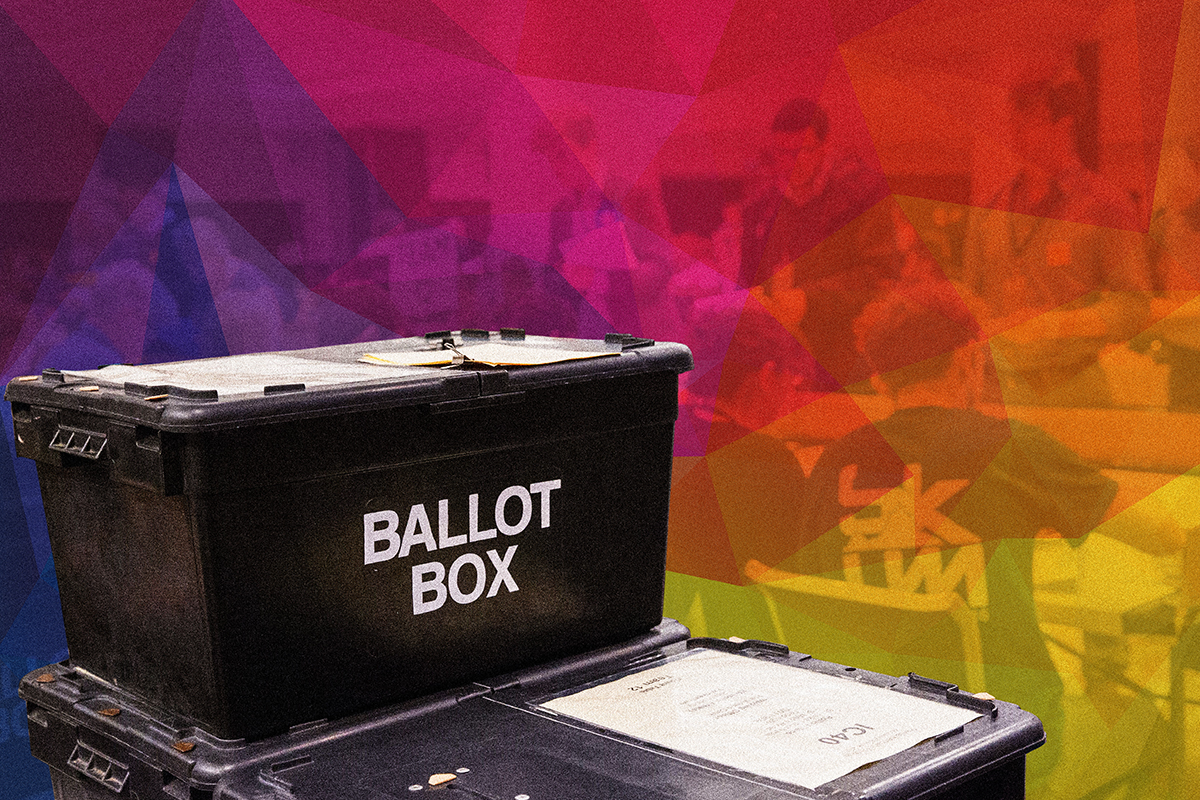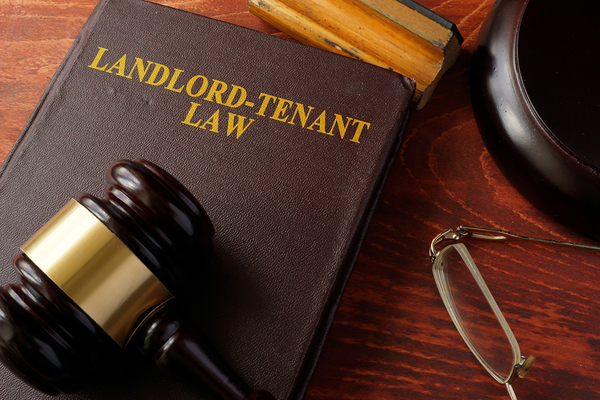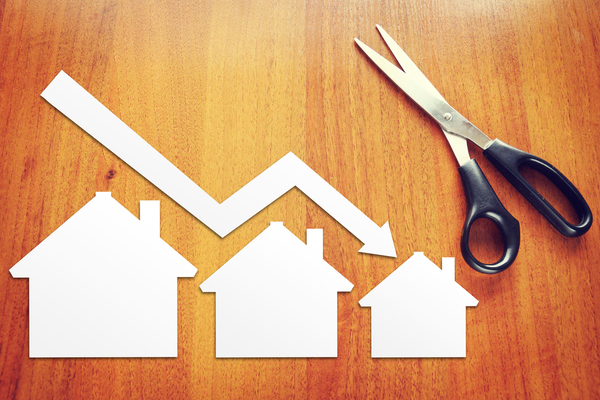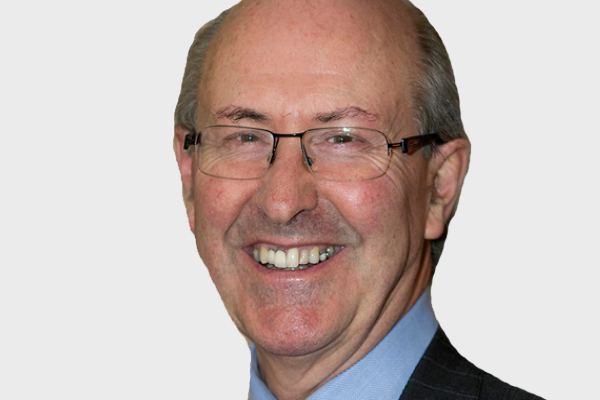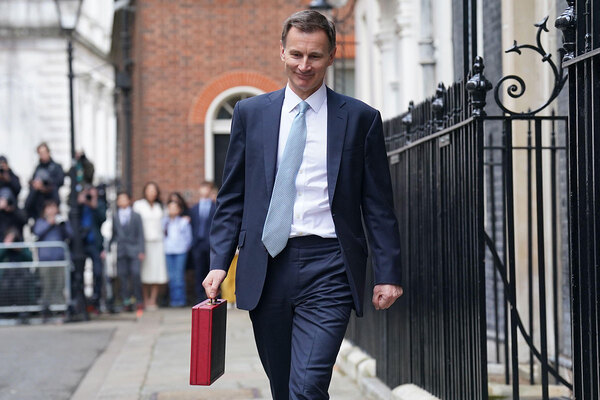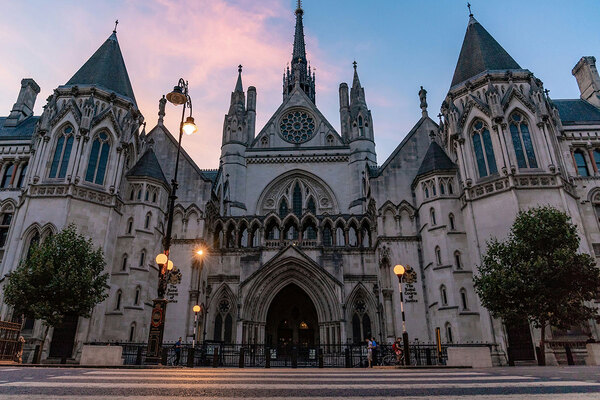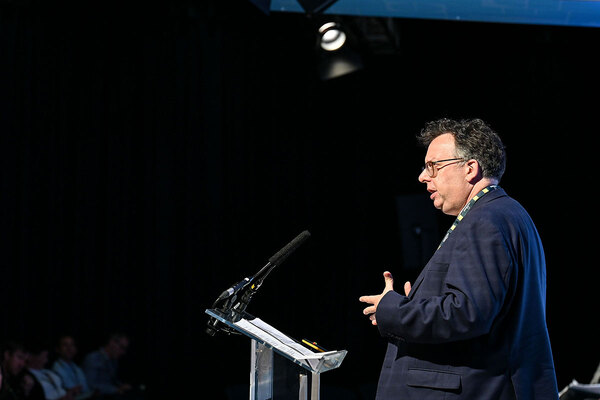You are viewing 1 of your 1 free articles

The social housing tenant democratic deficit
Housing associations should do more to ensure their tenants are engaged with the democratic process ahead of another potential election, says Richard Peacock of Soha

One thing that’s always bothered me since jumping from local authority housing to leading a housing association, is the problem of a democratic deficit. To whom, as private non-profit organisations, are we accountable? As executives, to the board of course – but then? To the banks that lend us money? To the regulator? To wider society? To tenants?
Woody Allen once said that 80% of success is just turning up.
And while we might have sympathies with Brenda from Bristol about the number of times we have voted recently, I suspect that most of us did turn up and vote last week. Who knows what poor Brenda will make of the likelihood of yet another election in the next year, as the main parties tussle with the reality of awkward alliances and a minority government.
But despite this collection of elections, the underlying figures show that much of Britain is not voting. Turnout is up this year with estimates of 68%, but since 1997, turnout has not hit 70%. Even the EU referendum turnout of 72% is low compared to elections before 1997.
“The underlying figures show that much of Britain is not voting.”
A group with recently low turnout is social housing tenants, with just over half of tenants eligible to vote doing so in 2015, according to an estimate by polling company Ipsos Mori. Although we of course do not know what proportion of social tenants voted last week.
The good news, of course, is that there’s been an increase in the number of young people voting. A recent YouGov poll found that 59% of 20 to 24-year-olds voted in the 2017 general election. How can we learn from this and increase voting numbers similarly for tenants?
We know that the tenants and communities we work with are all too often at the sharp end of government policy. A disconnect between people and politics can surely only leave a more divided nation and cannot help us achieve our social purpose as housing charities and campaigners.
Whether we have our roots in local authority housing, Victorian philanthropy or the campaigning spirit of the Homes for Cathy associations, housing associations have always had a purpose that is as much about engaging and supporting communities as it is doing repairs and collecting rent.
But how much do we tackle the ‘democratic deficit’ of the large-scale voluntary transfer model post-transfer? How much energy do we put into engaging with, and promoting, tenants’ voices?
While politicians continue to be the least trusted profession, sadly less than 50% of the population see charity CEOs (and local authority managers while we’re at it) as trustworthy.
A compelling paper by Professor David Mullins et al suggests that meeting social ends by partly commercial means is exactly what housing associations have always done, but goes further in suggesting that, politically and socially, we have scored a huge own goal by not engaging enough with tenants, by not supporting their voices to be heard. Surely tenants should be our biggest advocates?
“If we accept that half of the people we work with can be excluded from democracy, then we let them down.”
Housing associations need to keep true to their social purpose – that means delivering new homes for people who need them, it means delivering great services to customers who pay for them, but it also means listening to tenants and to communities, engaging with them on social as well as service issues.
I believe that a local base will help associations to build that relationship of trust and mutual respect which allows us to deliver much more than bricks and mortar. Of course not all tenants will be interested and that’s fine. But if we accept that half of the people we work with – the customers we serve, the tenants we exist for – can be excluded from democracy, then we let them down and we let ourselves down.
It’s time we saw a key aim of our success as helping everyone to have and express an opinion.
If the pundits are right, we’ll be facing another election sooner rather than later. If Woody Allen is right about 80% of success being turning up, then surely we should see our democracy as more successful if we get 80% of people turning up to vote.
Richard Peacock, chief executive, Soha Housing
